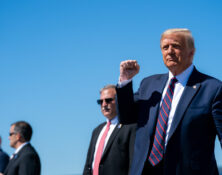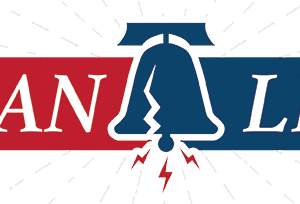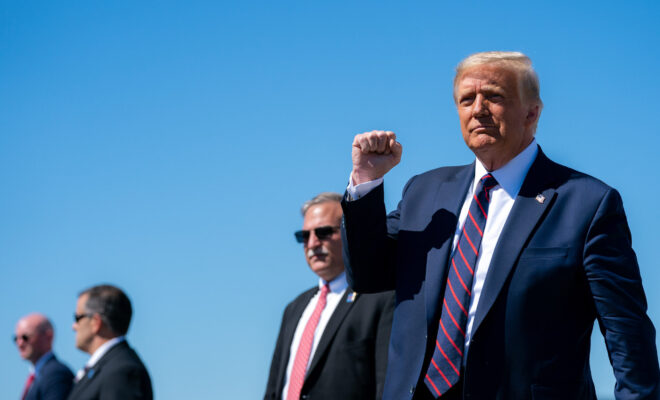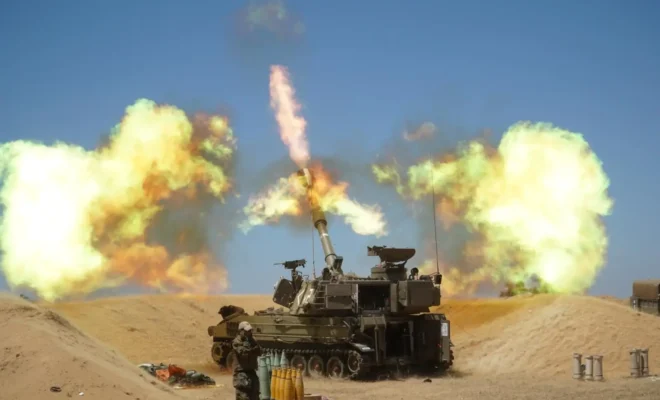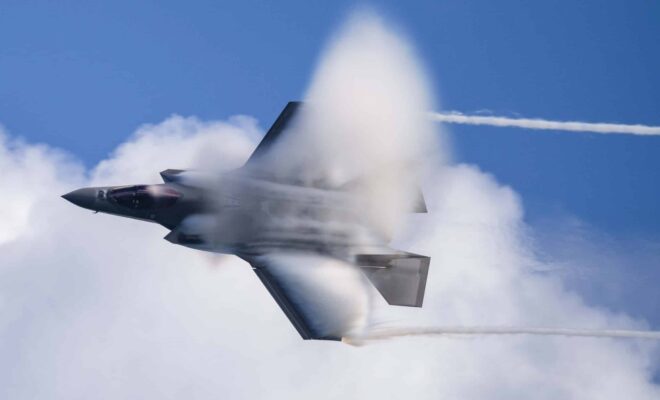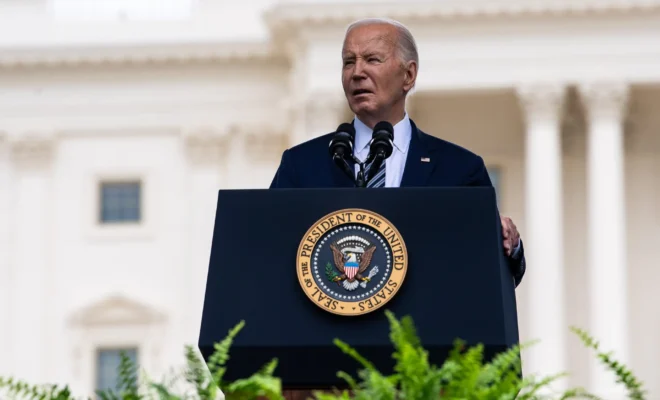Tensions continue to rise in the Taiwan Strait as China rapidly intensifies its military presence in Taiwanese airspace.
The dramatic presence of scores of military aircraft represents the most daring incursion against Taiwan by China yet. Since the first of October, Chinese activity has strained Taiwan's air defense system. On Monday alone, a record 56 planes entered the country's Air Defense Identification Zone (ADIZ). Defense officials in Taipei report that almost 150 warplanes have participated in the record sorties.
In response, Taiwan's President Tsai Ing-wen told the world's press that if China invaded her country, it would have “catastrophic” consequences for Asia.
Tsai's foreign minister told the Australian Broadcasting Corporation, “We are very concerned that China is going to launch a war” even though the threat may not be imminent.
Al Jazeera explains:
Taiwan President Tsai Ing-wen has made modernising the armed forces a priority, enhancing its capacity for asymmetric warfare, which is designed to make any Chinese attack difficult and costly, for example with smart mines and portable missiles. She is also overseeing improvements to the island's air force.
While Taiwan does not want military confrontation, “if its democracy and way of life are threatened, Taiwan will do whatever it takes to defend itself,” she wrote.
This afternoon, the White House confirmed that National Security Advisor Jake Sullivan will meet with China's top diplomat, Yang Jiechi, in Switerzerland on Wednesday in an attempt to resolve the crisis.
The first major U.S.-China meeting of the Biden administration took place in Anchorage in March and included heated exchanges between Sullivan and Jiechi. This time, the two men will dicuss the possibility of an in-person summit between President Biden and his Chinese counterpart, Xi Jinping.
Fox News' Senior Strategic Analyst Gen. Jack Keane (Ret.) tied the escalating “intimidation and coercion” by Beijing to the Biden administration's disastrous withdrawal from Afghanistan. Keane also cited regional developments that have made tensions worse.
These include “a major international maritime exercise” involving six different navies off of Okinawa Island. The exercise involves two U.S. carrier strike groups, one U.K. carrier strike group and a Japanese helicopter carrier. “Taiwan has applied to get back into the revised Pacfic trade deal,” Keane commented, before adding, “China has applied for it also.”
Keane still doesn't think an immediate invasion is likely. But he believes China wants to have the ability to guarantee a successful invasion of Taiwan soon. His sentiment echoes that of Joint Chiefs of Staff Chairman Gen. Mark Milley. Milley recently told Congress that Beijing wants to have the capability to invade by 2027. Chinese President Xi Jinping called for the reunification of Taiwan at the one hundredth anniversary of the Chinese Communist Party's founding. As grim as that sounds, the timing of this latest military provocation raises new concerns.
An Omnious Sign…
The unprecedented activity in Taiwan's ADIZ almost coincides with the National Day of the Republic of China. Also known as Double Tenth Day, the holiday commemorates the origins of the Republic of China. It was celebrated in China until 1949, when the Chinese Communist Party gain control of the mainland and the remnants of the Republic's leadership retreated to Taiwan. While Taiwan continues to celebrate the holiday to this day, Beijing regards the island nation as a renegade province.
No one signed an armistice or peace treaty ending the Chinese Civil War. Fighting dramatically escalated in the 1958 Taiwan Strait Crisis followed by a quasi-ceasefire. To this day Taiwan and the People's Republic of China claim to be the legitimate government of all China.
As the BBC reports:
Taiwan's top China policy-making body, the Mainland Affairs Council (MAC), accused Beijing of “seriously damaging the status quo of peace and stability in the Taiwan Strait”.
“We demand the Beijing authorities immediately stop its non-peaceful and irresponsible provocative actions,” MAC spokesman Chiu Chui-cheng said in a statement.
On Sunday, the United States issued a statement calling on China to stop all provocation. China's Foreign Ministry's responded, saying “Taiwan belongs to China and the U.S. is in no position to make [an] irresponsible remark.”
China's military buildup over the past three decades has focused on the equipment and training necessary to conduct amphibious warfare.




